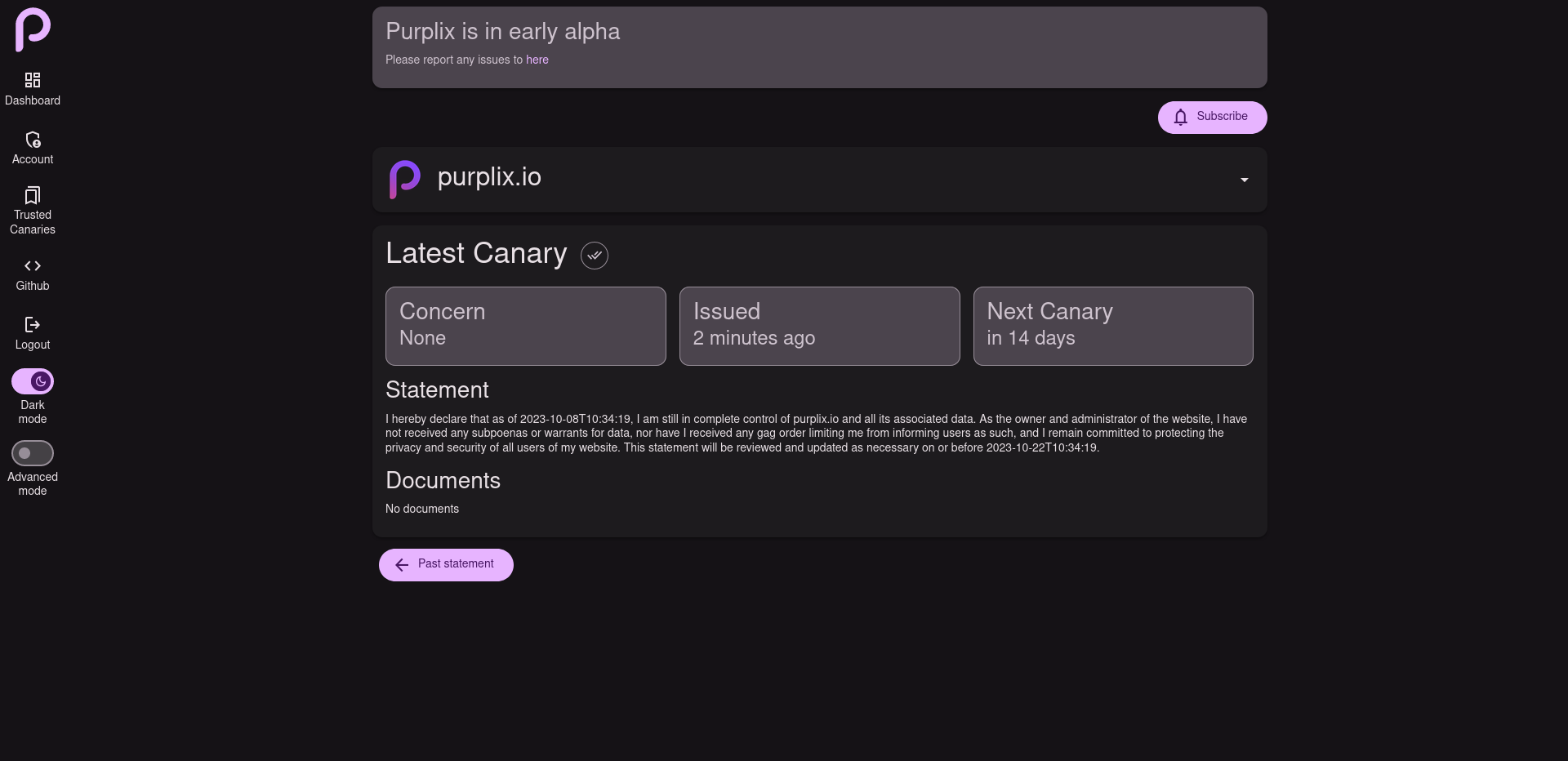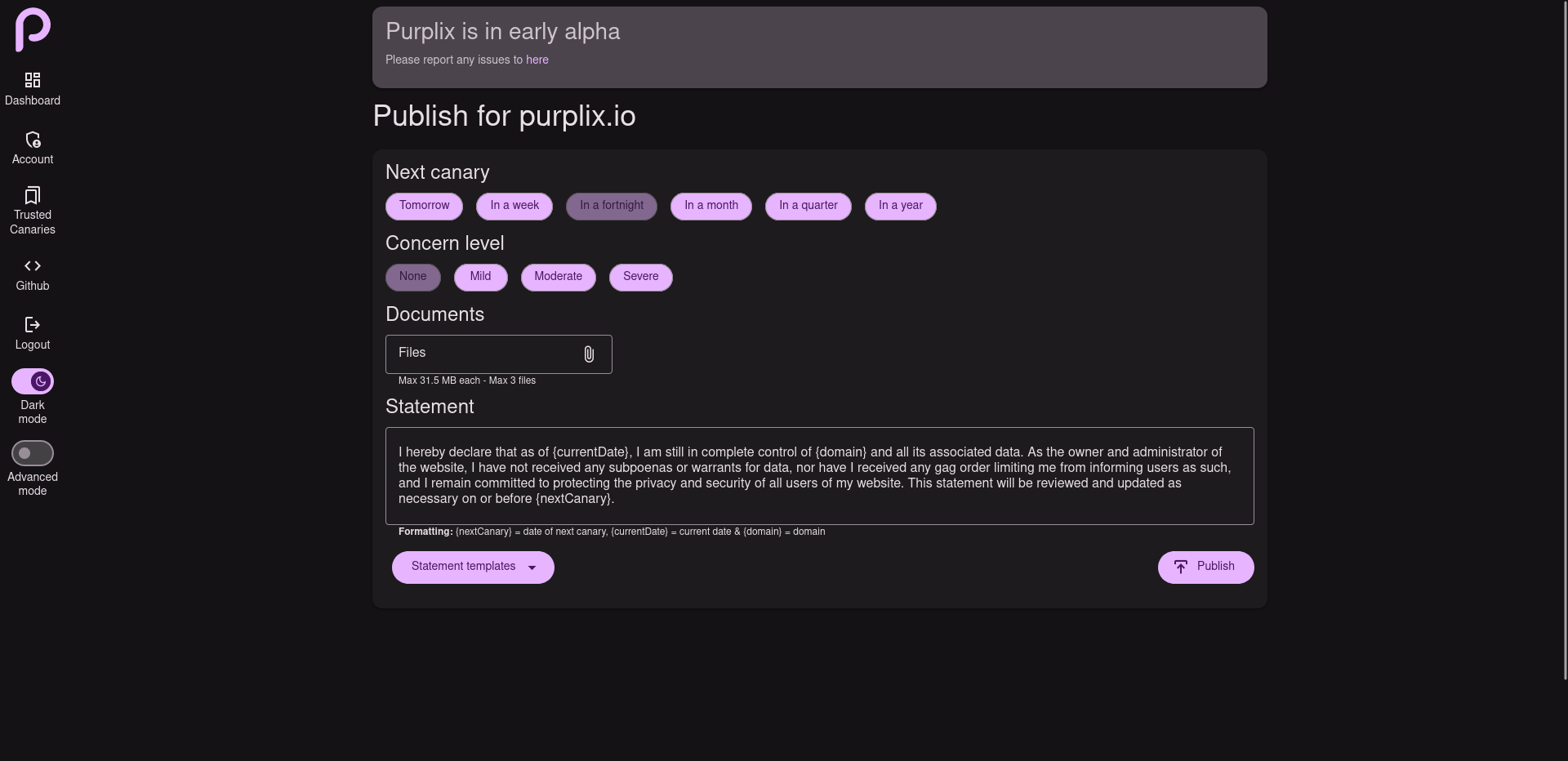Privacy Guides
In the digital age, protecting your personal information might seem like an impossible task. We’re here to help.
This is a community for sharing news about privacy, posting information about cool privacy tools and services, and getting advice about your privacy journey.
You can subscribe to this community from any Kbin or Lemmy instance:
Check out our website at privacyguides.org before asking your questions here. We've tried answering the common questions and recommendations there!
Want to get involved? The website is open-source on GitHub, and your help would be appreciated!
This community is the "official" Privacy Guides community on Lemmy, which can be verified here. Other "Privacy Guides" communities on other Lemmy servers are not moderated by this team or associated with the website.
Moderation Rules:
- We prefer posting about open-source software whenever possible.
- This is not the place for self-promotion if you are not listed on privacyguides.org. If you want to be listed, make a suggestion on our forum first.
- No soliciting engagement: Don't ask for upvotes, follows, etc.
- Surveys, Fundraising, and Petitions must be pre-approved by the mod team.
- Be civil, no violence, hate speech. Assume people here are posting in good faith.
- Don't repost topics which have already been covered here.
- News posts must be related to privacy and security, and your post title must match the article headline exactly. Do not editorialize titles, you can post your opinions in the post body or a comment.
- Memes/images/video posts that could be summarized as text explanations should not be posted. Infographics and conference talks from reputable sources are acceptable.
- No help vampires: This is not a tech support subreddit, don't abuse our community's willingness to help. Questions related to privacy, security or privacy/security related software and their configurations are acceptable.
- No misinformation: Extraordinary claims must be matched with evidence.
- Do not post about VPNs or cryptocurrencies which are not listed on privacyguides.org. See Rule 2 for info on adding new recommendations to the website.
- General guides or software lists are not permitted. Original sources and research about specific topics are allowed as long as they are high quality and factual. We are not providing a platform for poorly-vetted, out-of-date or conflicting recommendations.
Additional Resources:
- EFF: Surveillance Self-Defense
- Consumer Reports Security Planner
- Jonah Aragon (YouTube)
- r/Privacy
- Big Ass Data Broker Opt-Out List
view the rest of the comments




None of those compelled speech examples include national security though, which has its own level of rules and courts. (I am not American or a lawyer, so i may be wrong).
And if a company can be compelled to hand over customer data, why wouldnt they be hand over access to the systems that update the canaries?
The other issue is thar once a canary is triggered, it cant be reset, which means that XXX agency can trigger the canary with something meaningless, and then its forever untrustworthy.
You may well be correct, and they are sufficient, but i am not convinced that canaries work, especially against the higher level adversaries.
Yes, most of those points are the concerns with warrant canaries. So far as we know the concept is totally untested in court so it’s hard to say what the result would be until it happens.
Updating the canary should require a human input (like a password to unlock the GPG key), which is not sometime the government would generally get access to (they make a request for data about XYZ user, and the company turns it over; they wouldn’t get actual access to the production system). The government could seek a ruling to force the company to update the canary, but as such a thing hasn’t been granted before (at least as far as we know), it’s not a guarantee. So, there is a chance that the warrant canary will serve to alert users to something happening, which is better than nothing. But because of its untested nature, it might be broken by a court.
I’m not sure I understand your point about “once it’s triggered it can’t be reset.” If a company fails to update their canary on schedule it means something happened that they can’t disclose. Once they are released from the NDA they can release a new canary explaining what happened.
Wikipedia does claim that patriot act subpeonas can penalise any disclosure of the subpeona. But i am not a lawyer, and afaik this is untested (or at least undisclosed :/ )
https://en.m.wikipedia.org/wiki/Warrant_canary
I think my point is that a gag order with a long time out essentially kills the canary, even if it doesnt affect the vast majority of the services users.
Thanks for your response though, I appreciate the additional information.